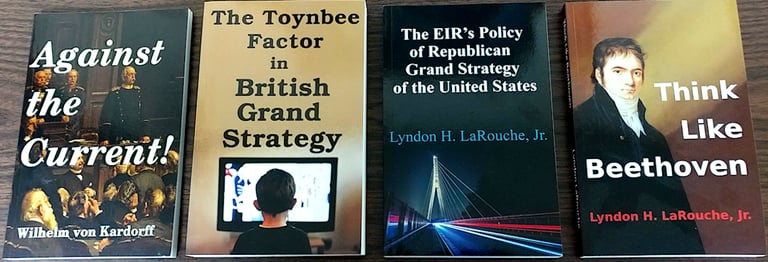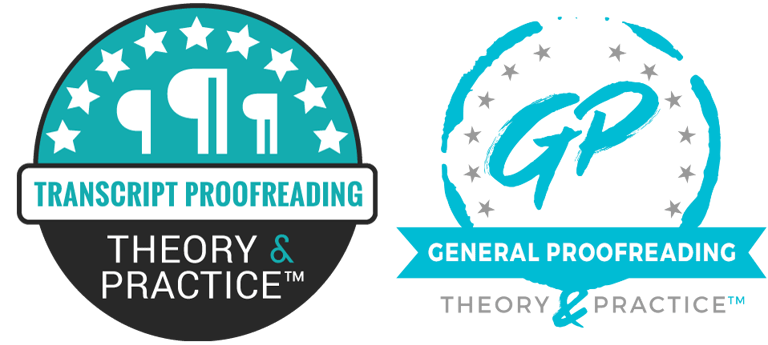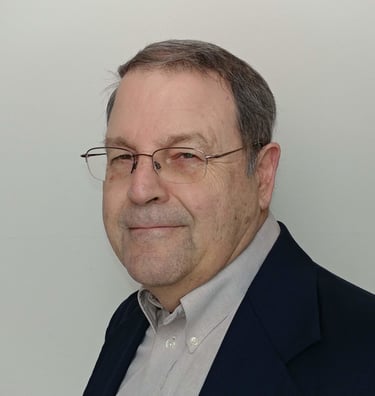Your second set of eyes
About Writer Shadow
You've worked very hard to stimulate the interest of your readers, to help them to recreate your ideas inside their minds, to draw them into your story, report, or post. However, even simple typographical or punctuation errors can distract from, undermine, or muddy your intentions. My name is Mike (Michael James Carr for purposes disambiguation). I am a perfectionist with many years' experience in writing, proofreading, and publishing. You develop the concepts and let me concentrate upon the details, so that your presentation succeeds without marring errata. Everyone makes mistakes (including me), but I strive to find them and correct them.

How Did I Become a Proofreader and Publisher?
My dad headed up a team of technical writers for a leading aerospace company. Personally, from a very young age I was very interested in the frontiers of aerospace, nuclear, electronics/computer, and architectural construction technologies—as well as their histories—and American history in general. In those days the only way to learn about such topics was to read. My mom would complain, "You're going to wear out that chair with all that reading you're doing." As you see in the collage above, she did have to reupholster it. When I left college, I began working in the distribution of publications related to my fields of special interest.
In 1994, I was able to finally get my hands on a used IBM XT computer and a word processing program for a project I wished to write up. But I also wanted to figure out how I could program the XT. As a boy, I had built radios, digital clocks, and even a television from kits of thousands of individual transistors, resistors, capacitors, etc. In a period of rapid development, I moved from primitive DOS programming for my own purposes, to developing Access database applications, and building 4 Ghz quad core computers for myself and my office.
I began to investigate the work that Google was doing to make all of the world's books available online. Besides the advantages people usually think of in this connection, I had another reason for interest in this project. Already having covered every possible wall in my home with bookshelves, I saw the new electronic book formats as a way to overcome printed paper's volumetric characteristics.
I read Google's scanned pdf of the 12-volume Nicolay and Hay biography of Abraham Lincoln, along with many other scanned old books. However, with the advances in various forms of mobile computing, the scanned pdfs began to show their limitations. More and more reading is done on phones and small tablets which handle such pdfs very poorly. Attempts by Google and others to apply both Optical Character Recognition (OCR) and Artificial Intelligence (AI) technologies to address the problem have led to very poor results. So in 2014, as a birthday present for its author, I decided to turn an important 1984 book into a real e-book with flowing text. This project married my interests in developing technologies and the written word. It may sound very strange to you, but I actually really enjoyed correcting primitive OCR output and turning it into perfected e-books and paperbacks. This process became sort of a hobby for me, I took a couple of specialized proofreading courses and began spending an inordinate percentage of my time proofreading. I produced books for a major publisher, for friends, and for the Internet Archive. Since 2014, I have published over 80 books in both e-book and paperback editions—some of 800 pages in length. I have also helped numerous authors polish their manuscripts and publish their books.
I also write articles on various topics from science/engineering and industrial history, to the frontiers in those same areas. I translated from the German language and published the book written by Wilhelm von Kardorff, which organized the successful campaign to convince Chancellor Bismarck to replace Germany's free trade policies with American System protective measures. Since that first book translation, I have translated many more books from German, French, and Russian into beautiful English. See my Recent Projects Page.


A few books with covers I designed.


How We Work Together
Every project is unique. There are many variables. What is not variable is my determination to help you perfect your presentation. Regardless of the work you request of me, you can count on the following:
I will perform the agreed work with deliberate speed. That means that I will immediately get to work upon it, but I will also go over it multiple times until I am confident that the result is near perfection.
As soon as possible, you will receive back a notated version of your document. That means that you will see all of the proposed corrections I make and be able to either use or ignore my suggestions. You are the author. Your shadow makes recommendations.
Friendly collaboration. Do not think that my proposed corrections are meant to demean you, or what you have written. We all make mistakes. By working together we get much closer to the goal of absolute perfection.


What I Need from You
To be able to help you I need to know your preferences in a number of areas. The English language is used across the world and has evolved differing writing conventions dependent upon such variables as country, technical area of specialization, company, or website style. In other words, there are many distinct and conflicting sets of rules—or "styles." You might also decide to use a particular style guide, such as the Chicago Manual of Style, and then break the style at some point in order to emphasize the importance of a point—I'll need to know that too.
I may need to contact you multiple times during a project to clarify your intentions. I will try to minimize this.
I will need you to send me a copy of your original word processing file from which to make a corrected and annotated file. An odt, docx, or Google Doc file is often used for this.
If your project is a very long and difficult one, I will ask you to pay for half of the expected project cost up front.
Appreciation of My Work
"I want to extend to you my deep appreciation and respect for assimilating the various books, reports and pamphlets into ebook form. In a way it is a priceless gift to . . . humanity."
—Robert Baker
"I . . . am disappointed in the number of typos my poor eyes miss and the apparent inability of my current proofers to catch them. . . .you . . . appear to have the sharpest eyes of all . . . ."
—Barbara Boyd
"Mike—You are a technical genius. The wonderful ideas which were presented today were able to come across with no disruptions or problems thanks to your work. Great job!"
—Evelyn Lantz

Four Eyes Are Much Better Than Two
The speed of modern communications induces a demand for increased speed of composition. Don't let the drive for speed diminish the impact or quality of your work.